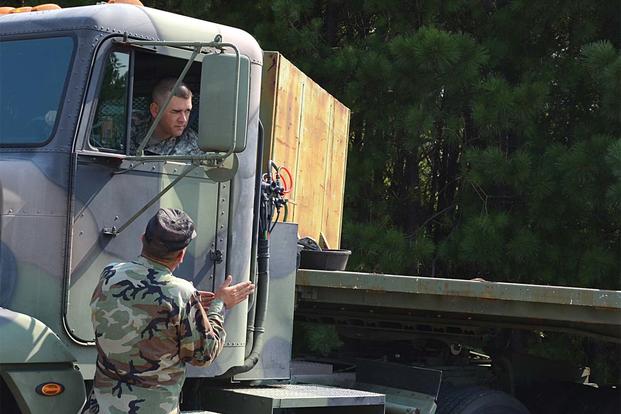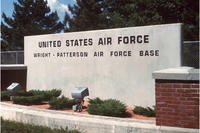The American Legion announced Thursday a new effort to streamline and expand programs for credentialing to boost job opportunities for veterans and troops transitioning to civilian life.
In support of the effort, the two-million-member Legion plans to sponsor two credentialing roundtables culminating in a National Credentialing Summit later this year, bringing together leaders in the military, government and private sector.
The Legion's project is supported by a grant from Military.com, a division of Monster Worldwide.
A 32-page report prepared for the Legion by Solid LLC., a research and policy group, outlined the difficulties faced by transitioning troops in translating their experience from military occupational specialties into credits for credentials and licensing in such fields as truck driving, auto mechanics, nursing and information technology.
"At the state level, there are two key areas in which service members and veterans face challenges in attaining credentials -- meeting state licensing requirements, which often vary by state, and attaining academic credit for military training and experience," the report said.
In a preface to the report, the Legion's national headquarters noted past efforts by the group on credentialing and stated, "One of the most compelling takeaways from our work in this area has been that facilitating the credentialing of service members and veterans is a complex issue that involves a multitude of stakeholders."
The report prepared for the Legion states that military training in a variety of fields is "state-of-the-art and, early in their careers, service members gain opportunities for direct experience that are unprecedented in the civilian sector. However, the eligibility requirements for civilian credentials seldom offer direct recognition of military training and experience as a means of qualification."
The report recommends improvements in the Post-9/11 GI Bill Licensing and Certification Benefit, increased oversight to ensure the quality of credential preparation programs, and giving greater voice to troops and veterans in credentialing initiatives.
The report cited a Defense Department survey outlining the challenges faced by transitioning troops and veterans. Among them were:
- Credentialing boards are unaware of or do not recognize equivalency of military education, training and experience to civilian credentialing.
- Credentialing agencies lack access to information to adequately assess military training and experience for civilian credentialing.
- The need for veterans to attain potentially duplicative additional skills training (often paid for through government programs) in order to qualify for civilian jobs.
At a Washington, D.C., credentialing event sponsored by the Legion in February, Maj. Gen. Hugh Van Roosen, the Army's deputy chief of staff for Manpower and Personnel plans, programs and policies, said, "What we've found is that our efforts are very stovepiped, and we have way too many of them."
Van Roosen cited truck drivers as an example. The Army every year trains thousands of motor transport operators, designated by the MOS 88M, who drive such vehicles as the Heavy Equipment Transport System, or HETS.
"Is there any reason why we couldn't -- without a whole lot of effort -- include a commercial driver's license in the program?" he asked. "We're always struggling with hours in the training day. However, we have to balance that against whatever we can do to ensure a soldier who's leaving has as soft a landing as possible."
-- Richard Sisk can be reached at Richard.Sisk@Military.com.





























